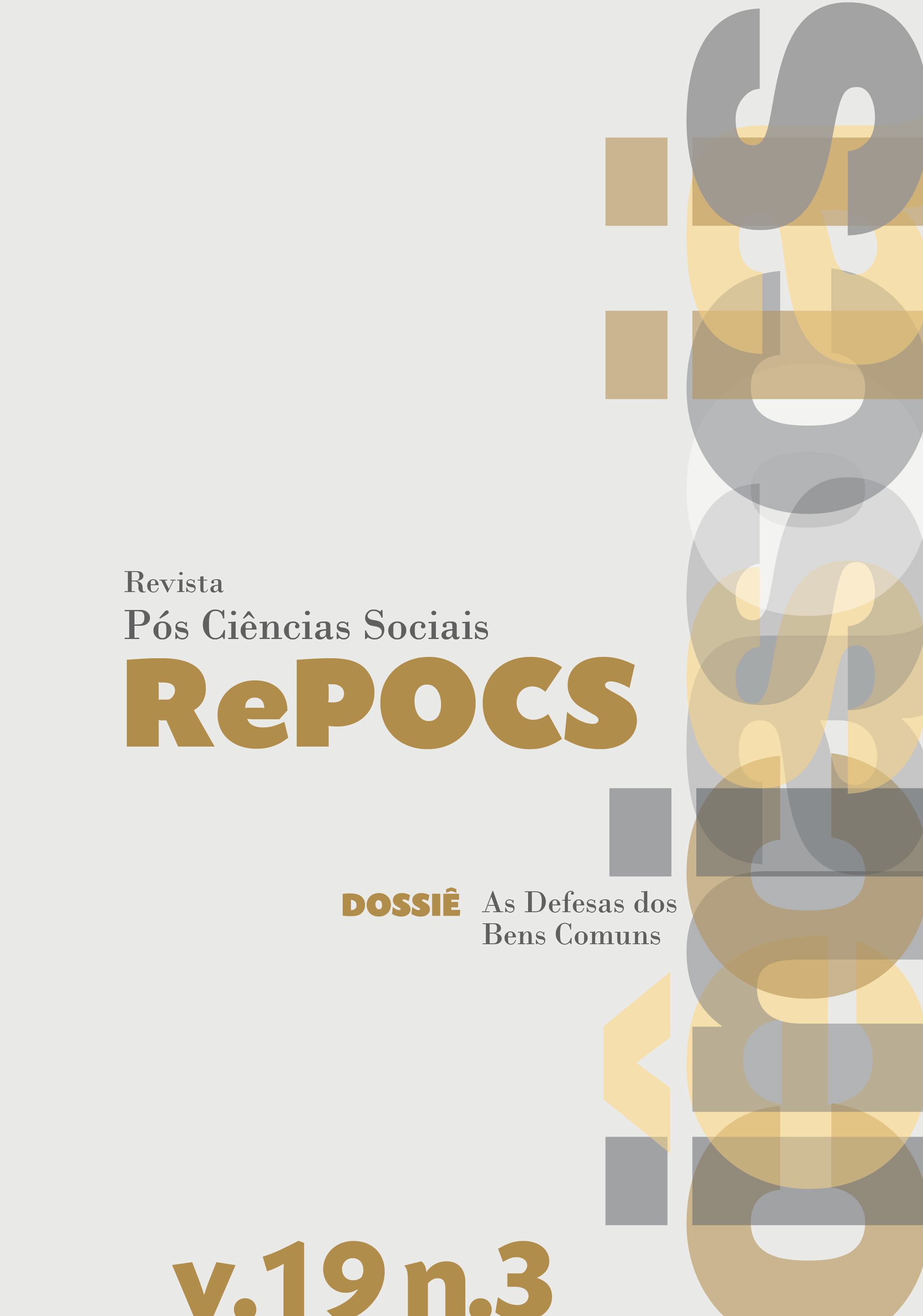COMMUNITY SELF-MANAGEMENT AS A WATER DEFENSE STRATEGY: A CRITICAL REVISITING OF THE THEORY OF THE COMMONS
DOI:
https://doi.org/10.18764/2236-9473v19n3.2022.25Keywords:
Waters, Common Goods, Self-management, Community autonomyAbstract
The article reports experiences of water self-management narrated by peasant and traditional communities in environmental conflicts with extractive regime enterprises. It starts from a cartography of conflicts to analyze community repertoires and strategies that refuse the privatization or expropriation of waters, based on the analysis of discourses present in meetings between communities, movements and social organizations, complemented by a documentary analysis and semi-structured interviews. The aim is to investigate community self-management strategies for water and their contributions to rethink the theory of commons from the Latin American context, building a critique of Ostrom’s institutionalist approach. The main argument of the text considers that this defense of waters translates a political praxis of exercising the autonomy of peoples and communities, repositioning the category of the commons as community political actions of sharing and reciprocity that are not reducible to goods, resources or management systems.
Downloads
Downloads
Published
How to Cite
Issue
Section
License

This work is licensed under a Creative Commons Attribution 4.0 International License.
Direitos autorais Revista Pós Ciências Sociais
Este obra está licenciado com uma Licença Creative Commons Atribuição 4.0 Internacional.


